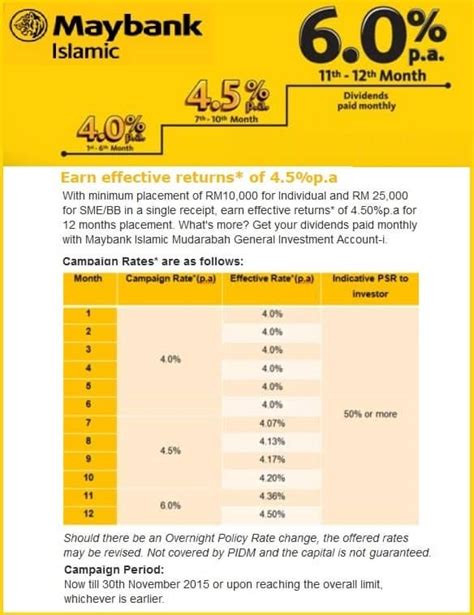Introduction
Hong Kong, a vibrant metropolis known for its towering skyscrapers, bustling streets, and thriving economy, has long been a subject of political debate regarding its relationship with mainland China. In recent years, the city has witnessed growing calls for independence, fueled by concerns over Beijing’s increasing influence and perceived erosion of Hong Kong’s autonomy. This article examines the history, motivations, and implications of Hong Kong’s independence movement, exploring the potential paths and challenges ahead as the city embarks on a pivotal chapter in its history.

Historical Context
Hong Kong’s desire for greater autonomy can be traced back to its colonial past. The city was a British colony from 1842 to 1997, during which time it developed a distinct political and economic system separate from mainland China. However, after the handover of sovereignty to China in 1997, some Hong Kongers began to question Beijing’s commitment to the “one country, two systems” principle, which guaranteed the city’s freedoms and autonomy for 50 years.
Motivations for Independence
The push for Hong Kong’s independence is driven by a complex array of factors, including:
-
Erosion of Autonomy: Hong Kongers perceive an erosion of their freedoms and autonomy under the increasing influence of Beijing. This includes concerns over censorship, political interference, and restrictions on freedom of assembly and speech.
-
Historical Identity: Many Hong Kongers identify themselves as distinct from mainland Chinese, with a unique cultural, linguistic, and political heritage. This sense of identity has fueled a desire for greater self-determination.
-
Political Representation: Some Hong Kongers believe that they are inadequately represented in Beijing’s political system and that their local interests are often overlooked.
The Path to Independence
The path to independence for Hong Kong is fraught with challenges. Beijing has consistently rejected any calls for separation, maintaining that Hong Kong is an inalienable part of China. Additionally, international support for Hong Kong’s independence is limited.
Despite these obstacles, the independence movement has gained momentum in recent years, particularly following the 2019 pro-democracy protests. While the movement remains a minority voice within Hong Kong, it has sparked a broader debate about the city’s future and the limits of autonomy under Chinese sovereignty.
Potential Implications
The implications of Hong Kong’s potential independence would be far-reaching:
-
Economic Impact: Hong Kong is a major financial and trading hub, and its separation from China could have significant economic consequences for both parties.
-
Political Stability: The independence of Hong Kong could create a ripple effect in the region, with other areas seeking similar autonomy or independence from China.
-
International Relations: Hong Kong’s independence would test the limits of China’s foreign policy and its relationship with the international community.
Conclusion
Hong Kong’s quest for independence is a complex and ongoing issue with profound implications for the city, China, and the international community. While the path to independence is fraught with challenges, the growing momentum behind the movement suggests that it will remain a key factor in the city’s future. As Hong Kong navigates this pivotal chapter in its history, it will be essential to engage in constructive dialogue, explore viable solutions, and safeguard the interests of all parties involved.















